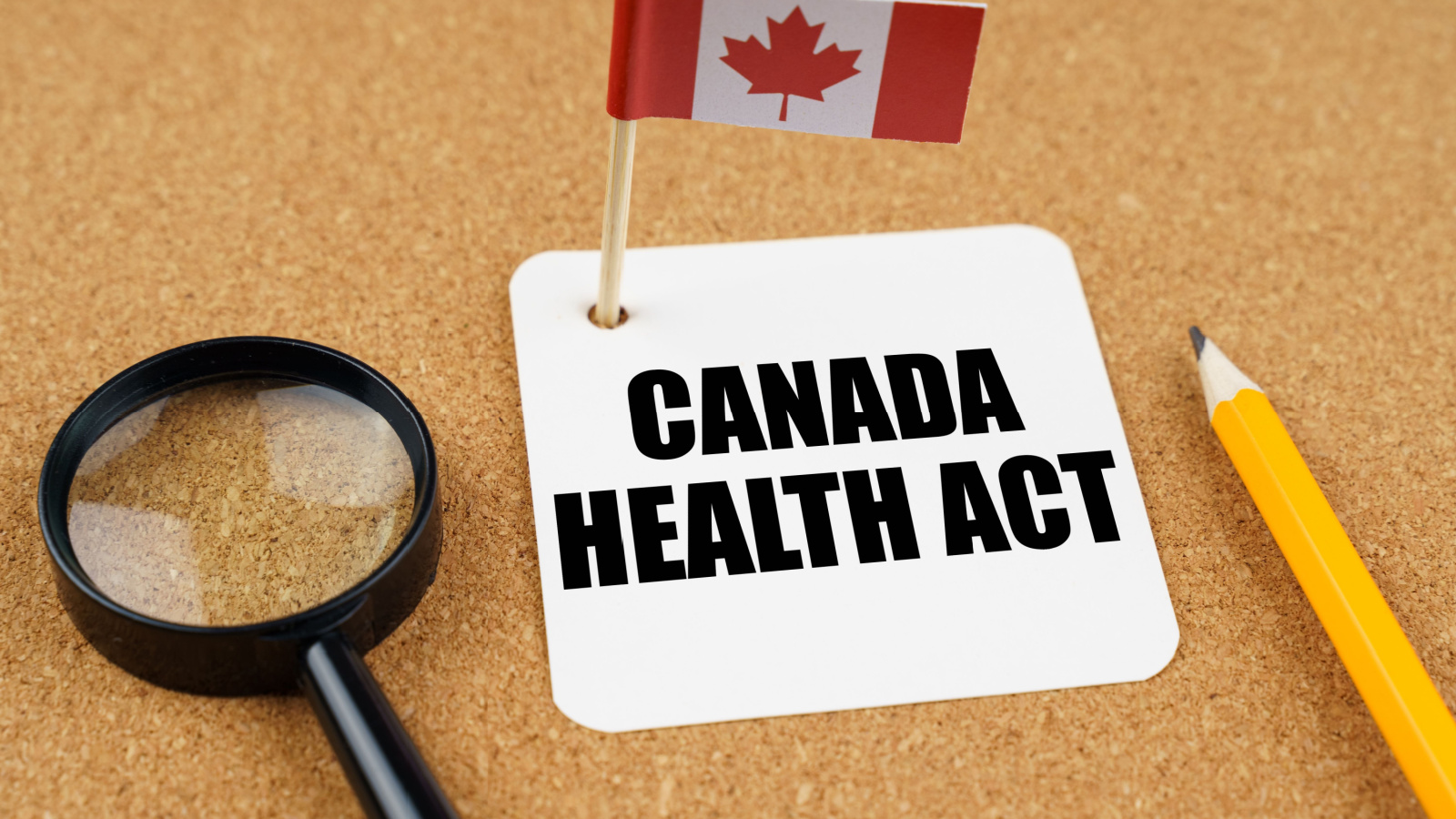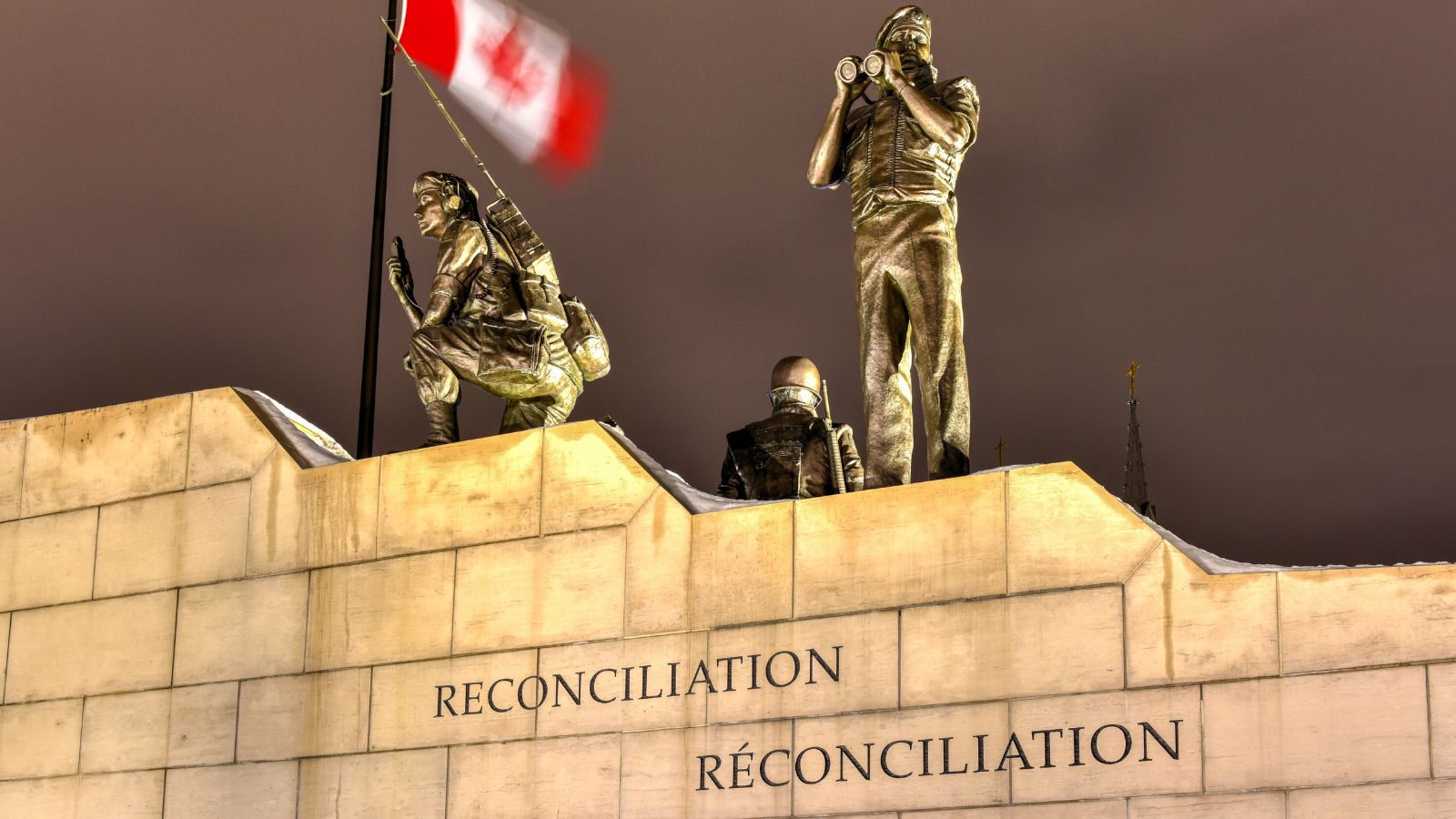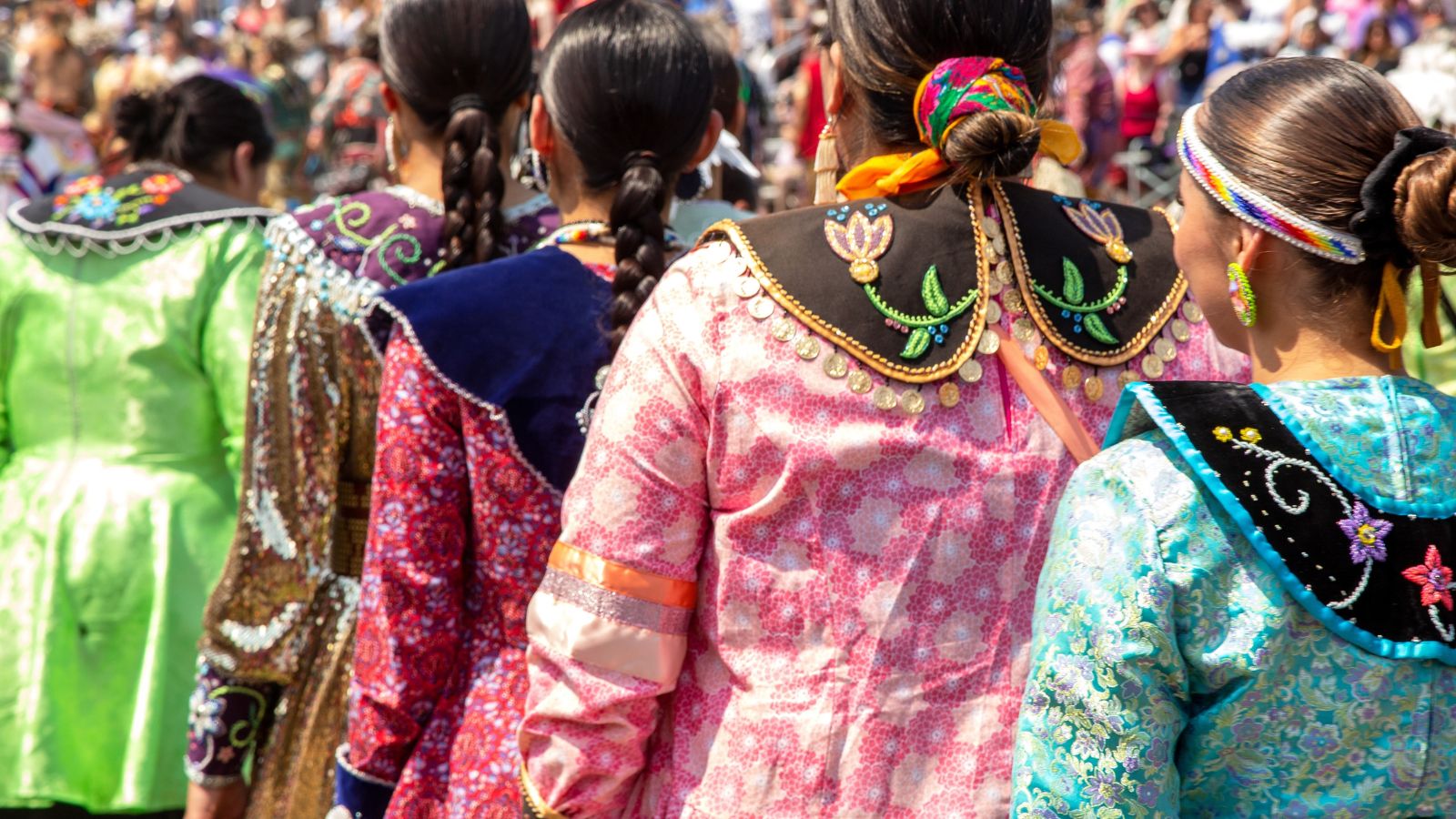From universal healthcare and transparent governance to clean air, strong public education, and an inclusive multicultural society, Canada offers a model that many nations look to with respect. While not perfect, the systems in place reflect long-term investment in equity, stability, and quality of life. Here are 19 things Canada has that other countries often wish they did too.
Universal Healthcare Access

Canada’s publicly funded healthcare system is often cited as one of its most admired features. All residents have access to essential medical services without direct out-of-pocket costs at the point of care. This system prioritizes accessibility and equity, helping reduce financial barriers to treatment. While not without its challenges, the model is grounded in the principle that healthcare is a right, not a privilege. Compared to systems that rely heavily on private insurance or high user fees, Canada’s approach fosters a stronger sense of public trust and health security.
Clean and Abundant Natural Resources

Canada is home to vast forests, freshwater reserves, and mineral-rich lands, offering both economic advantage and environmental pride. These resources support a wide range of industries, from clean energy and forestry to agriculture and tourism. Many Canadians value the natural environment not only for its utility but also for its role in national identity. With strong protections for national parks and wilderness areas, Canada balances resource development with conservation. Its rich natural endowment stands out in a world facing increasing ecological degradation and resource scarcity.
Strong Public Education System

Canada’s education system consistently performs well in global comparisons. Public schools offer a high standard of instruction, and the system emphasizes critical thinking, equity, and bilingual education where applicable. Access to quality education is available across provinces and territories, with efforts to support underserved communities and Indigenous learners. The country also benefits from a vast network of reputable post-secondary institutions. Education in Canada is not only a pathway to employment but also a means of social inclusion, giving students from diverse backgrounds a fair opportunity to succeed.
Political Stability and Low Corruption

Canada is known for its stable democratic institutions and relatively low levels of corruption. Peaceful transitions of power, independent courts, and transparent governance create a political environment marked by predictability and trust. Citizens generally have confidence in public institutions and the rule of law. This stability attracts global investors, supports long-term policymaking, and ensures that political discourse remains civil and grounded. While not immune to political debate, Canada’s system is structured to resist the extremes and gridlock seen in some other countries.
Multicultural and Inclusive Society

Canada’s multiculturalism is more than just a demographic feature—it is a core part of its national identity. The country actively promotes cultural diversity through public policy, education, and legal protections. Immigrants are encouraged to preserve their heritage while fully participating in Canadian society. This inclusive approach has helped create vibrant, diverse communities where people from different backgrounds can thrive together. Compared to places where cultural integration is a point of tension, Canada’s model stands out as a framework that values coexistence and shared belonging.
Low Crime Rates in Most Regions

Canada is often viewed as a safe and secure country, with many regions experiencing low levels of violent crime. Public safety services are generally well-funded, and trust in law enforcement remains relatively high. Efforts to address crime often emphasize prevention, mental health support, and community-based solutions. This contributes to a sense of everyday safety that many residents take for granted. In comparison to countries facing higher levels of violence or instability, Canada’s reputation for being a peaceful place to live continues to attract admiration and interest from around the world.
Legal Nationwide Cannabis

Canada was among the first countries to legalize recreational cannabis at the national level, setting a precedent for regulated access. The legal framework includes licensed retail, quality control standards, and public education initiatives. This approach focuses on reducing harm, removing the illegal market, and promoting responsible use. It also generates tax revenue and supports research into medical and public health impacts. In contrast to more fragmented or restrictive models elsewhere, Canada’s clear national policy is often cited as a forward-thinking example of how to manage cannabis legalization effectively.
Publicly Funded Parental Leave

Canadian parents benefit from government-supported parental leave that allows them to take time off work during the early stages of a child’s life. This support helps ease the financial burden on families and allows both parents to bond with their child. The leave structure accommodates different needs, offering flexibility for shared or extended leave periods. By treating caregiving as a shared public responsibility, Canada promotes work–life balance and gender equality. This system is frequently highlighted as a model for other nations seeking to improve family support policies.
Beautiful and Protected Wilderness Areas

Canada is home to some of the world’s most stunning natural landscapes, from towering mountains and vast forests to freshwater lakes and Arctic tundra. Large portions of this wilderness are protected through national and provincial park systems, ensuring future generations can enjoy them. These spaces not only support biodiversity but also offer residents and visitors unmatched access to outdoor recreation. The country’s commitment to conservation reflects a deep respect for nature and a recognition of its ecological and cultural value.
Global Reputation for Peace and Diplomacy

Canada is widely regarded as a peaceful, diplomatic nation that values multilateral cooperation and international law. Its approach to global engagement emphasizes negotiation, humanitarian aid, and conflict resolution rather than military intervention. Canada often plays a bridging role in international forums, promoting inclusive dialogue and pragmatic solutions. This reputation is supported by a foreign policy that aligns with principles of human rights, environmental stewardship, and development assistance. While quiet in tone, Canada’s commitment to diplomacy continues to earn global respect and influence.
Robust Social Safety Net

Canada’s social support systems are designed to provide a safety net for individuals and families during periods of financial difficulty, unemployment, illness, or old age. Programs include employment insurance, child benefits, public pensions, and affordable housing initiatives. While no system is perfect, the overall framework reflects a national commitment to reducing inequality and protecting vulnerable populations. This collective approach to social welfare helps reduce poverty and enhance social cohesion, offering a model for countries looking to build more inclusive and resilient societies.
High Quality of Life Rankings

Canada frequently ranks high on global quality of life indexes, reflecting strengths across health, education, safety, environmental quality, and personal freedoms. Residents benefit from access to clean environments, public healthcare, cultural diversity, and strong infrastructure. These factors contribute to overall life satisfaction and social stability. The country’s focus on fairness, balance, and public well-being resonates in international comparisons and adds to its global appeal as a place to live, work, and raise a family.
Transparent Government Institutions

Canada’s public institutions are generally viewed as transparent, accountable, and responsive. Independent oversight bodies, freedom of information laws, and ethical standards help maintain public trust in government operations. Citizens have mechanisms to question decisions, access records, and participate in policy discussions. While challenges exist, the system encourages openness and limits the space for unchecked power. This tradition of governance, grounded in transparency, is often admired by countries seeking to build stronger democratic institutions and public confidence.
Freedom of the Press and Expression

Freedom of speech and an independent media are protected pillars of Canadian democracy. Journalists operate without fear of government interference, and a wide range of viewpoints are represented in public discourse. Media laws support responsible reporting while maintaining space for dissent and critique. Access to diverse information allows Canadians to make informed decisions and engage fully in civic life. In a time when press freedom is increasingly under threat in many parts of the world, Canada’s commitment to open expression is both rare and envied.
Support for Indigenous Reconciliation

Canada has acknowledged its historical and ongoing treatment of Indigenous peoples and has taken steps toward reconciliation through policy reform, public education, and legal recognition. Initiatives include support for language revitalization, land agreements, and truth-telling processes. While the journey is far from complete, the willingness to confront the past and invest in meaningful change sets Canada apart. This evolving relationship, rooted in respect and partnership, offers an example to countries grappling with their colonial legacies.
World-Class Public Transit in Urban Hubs

Canada’s major cities offer reliable, well-maintained public transportation systems that serve millions of residents and commuters. Ongoing investments in accessibility, sustainability, and expansion support services like subways, light rail, and buses. While challenges remain, many urban transit networks prioritize efficiency and environmental impact, helping reduce traffic congestion and greenhouse gas emissions. Compared to places where public transport is underdeveloped or neglected, Canada’s commitment to transit infrastructure offers convenience, mobility, and environmental benefits that draw global attention.
Access to Clean Water and Air

Canada benefits from vast freshwater resources and relatively low levels of air pollution, contributing significantly to public health and quality of life. Environmental regulations, responsible land use policies, and clean energy practices help preserve these natural advantages. In a world where pollution and resource scarcity are growing concerns, Canada’s ability to provide clean, safe essentials is both a privilege and a responsibility. This access is especially valued by newcomers and visitors from countries facing severe environmental degradation.
Commitment to Climate Action

Canada continues to develop strategies and policies aimed at addressing climate change, including emissions reductions, clean technology investments, and nature-based solutions. Governments at various levels are integrating climate goals into infrastructure, transportation, and energy systems. Though progress is ongoing, the country’s efforts reflect a recognition of global responsibility and environmental stewardship. Canada’s approach highlights the role of wealthy nations in leading sustainable transitions, and its long-term commitment to climate policy draws respect from international observers and environmental advocates.
Strong Consumer and Data Privacy Protections

Canada enforces consumer rights and data privacy through a clear legal framework that prioritizes informed consent, fair treatment, and accountability. Businesses are required to protect personal information and provide transparency around data usage. Public institutions are also subject to privacy oversight and open information standards. These protections support digital trust and empower individuals in their interactions with companies and government agencies. As concerns around surveillance and data misuse grow worldwide, Canada’s privacy laws are often viewed as balanced and rights-focused.
21 Products Canadians Should Stockpile Before Tariffs Hit

If trade tensions escalate between Canada and the U.S., everyday essentials can suddenly disappear or skyrocket in price. Products like pantry basics and tech must-haves that depend on are deeply tied to cross-border supply chains and are likely to face various kinds of disruptions
21 Products Canadians Should Stockpile Before Tariffs Hit
